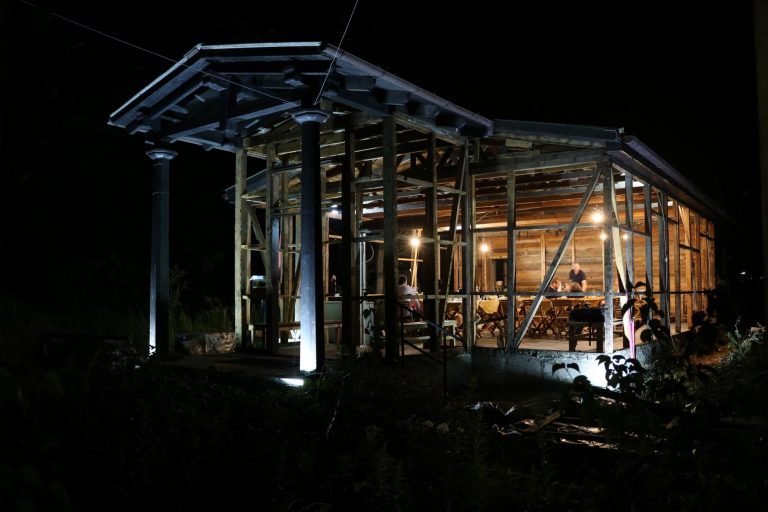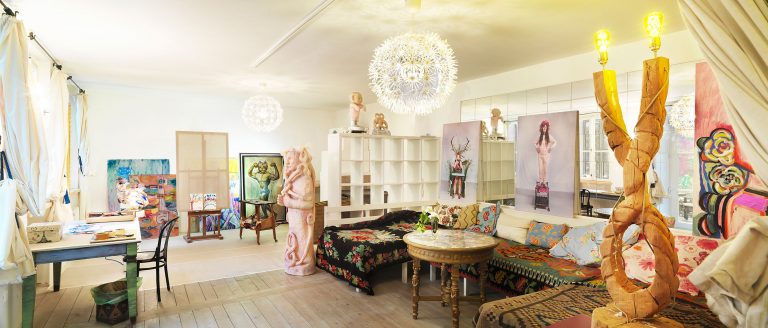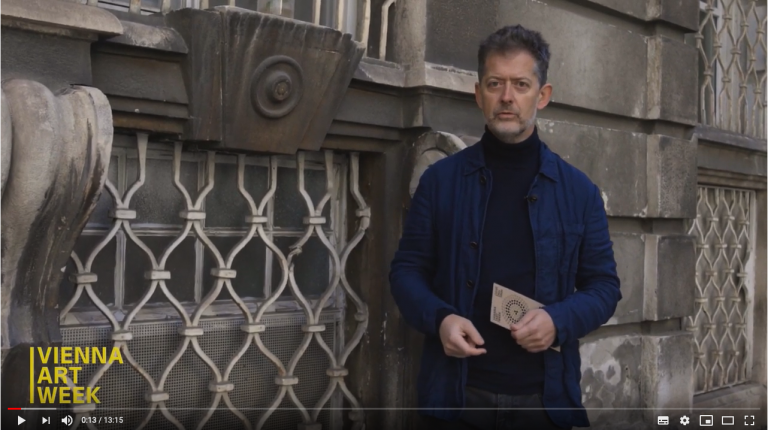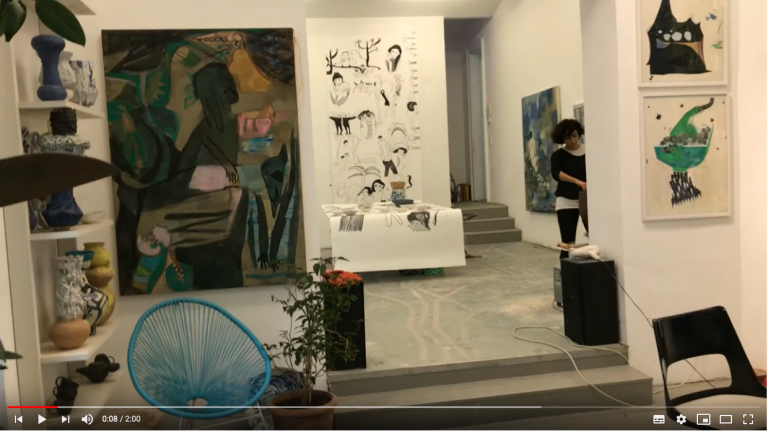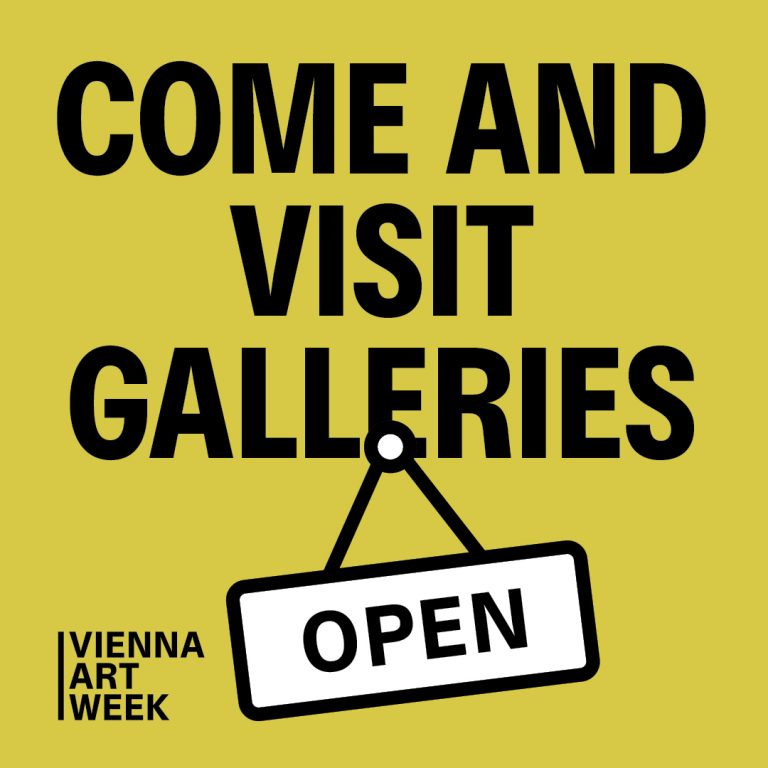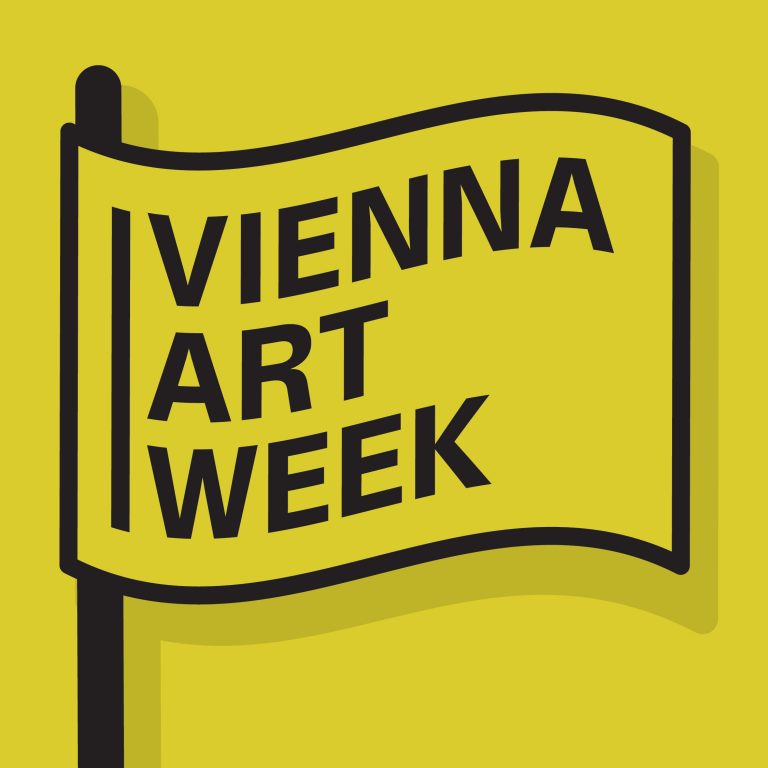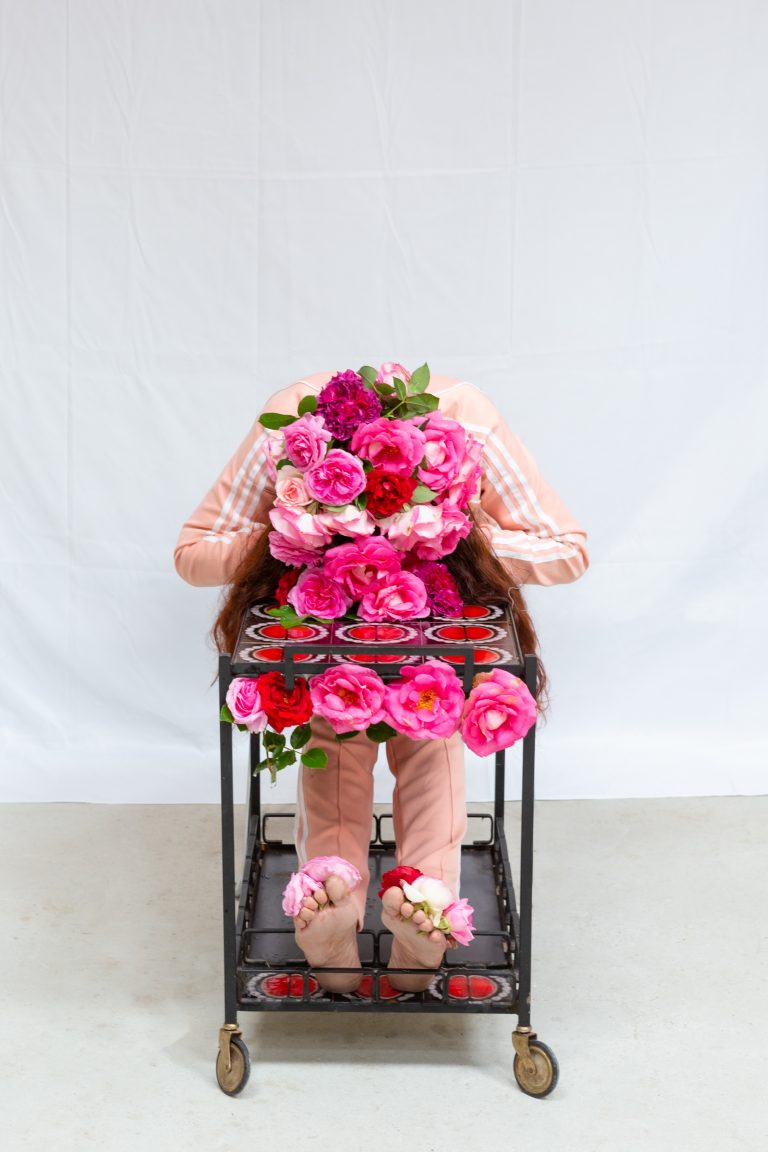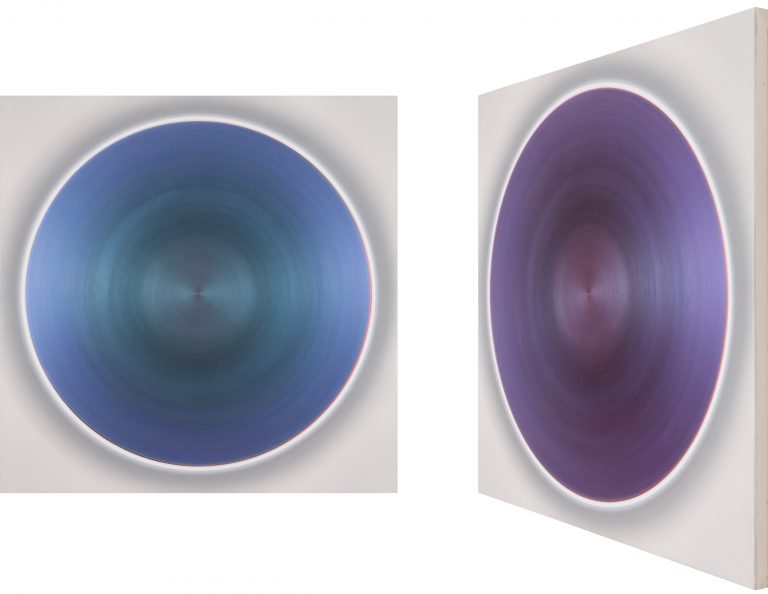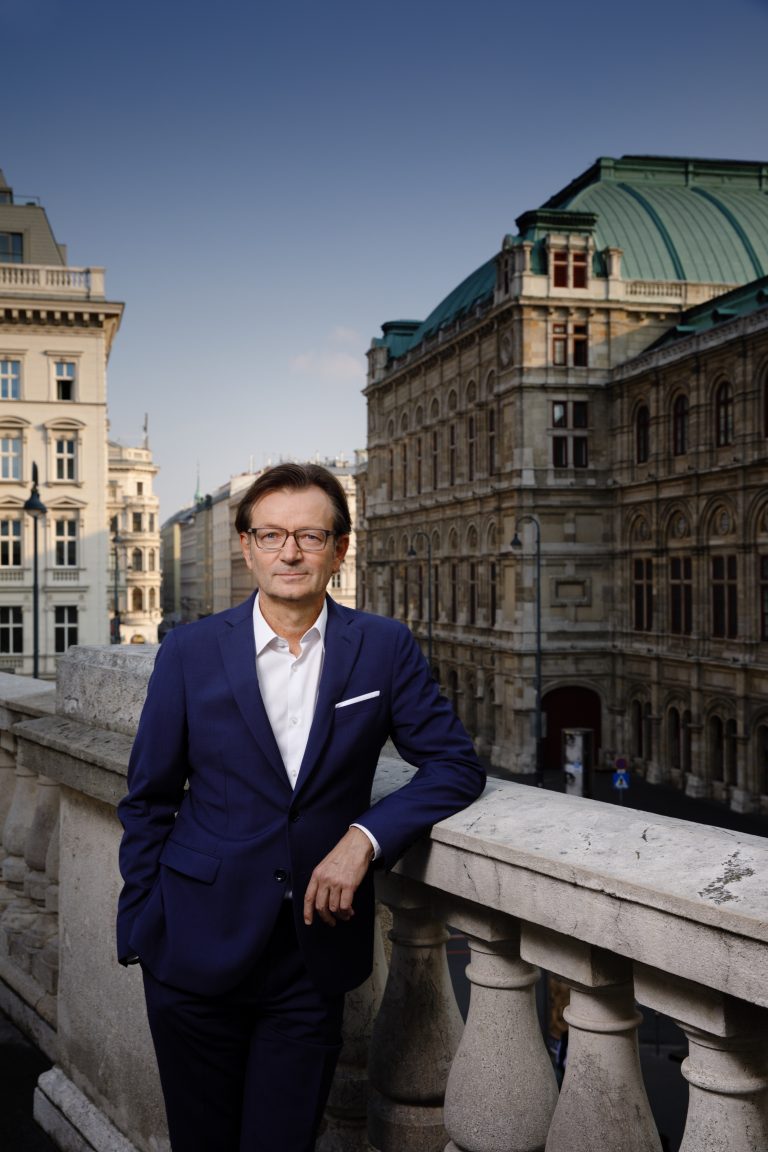Rituals in the Viennese Actionism
In conversation with Hubert Klocker, Friedrichshof Collection

Hubert Klocker manages the Friedrichshof Collection. Since 2016 the Stadtraum Sammlung Friedrichshof has been a program partner of the VIENNA ART WEEK as a member of the Art Cluster Vienna Association. In an interview Klocker talks about the importance of rituals in the work of Otto Muehl, Hermann Nitsch and Viennese Actionism in general.
What role do rituals play in Vienna Actionism?
I would say that rituals per se do not play a special role in Viennese Actionism, but they do play a role in the treatment of Viennese Actionism. New expressive possibilities of art also require new instruments of thought in order to be able to describe and analyze, as in this case, for example, the action that has come to the fore. For this, the concept of the “ritual” has become a central tool of thought in Performance Theory. The art of the Vienna Actionists is no more and no less ritualized than cultural life in general.
What triggered the urge to deal with rituals artistically during the heyday of Actionism in the 1960s and 70s?
One has to differentiate here. For Nitsch, it is above all a critical examination of religious ritual forms. Hence his difficulties with the Catholic Church, which went as far as his criminalization. In Brus and Muehl, I don’t see any significant reference to ritual, nor, as in Nitsch’s case, to criticism of it. Schwarzkogler, on the other hand, like Nitsch, dealt with the religious in a purely phenomenological way, especially in connection with therapeutic dimensions in religion and art.
Would the Actionism of that time still cause such a stir today or has the focus changed? What provokes today?
One must not forget that the Actionists are the Austrian post-war generation, artists whose fathers died in the war or were National Socialists, personalities who experienced the war and the bombings in Vienna as children. It is a great merit of the artists that, contrary to the attempts at repression and pretension in Viennese cultural life of the time, they have put their finger on these historical wounds in Austrian history. The fact that this was provocative for the people and politics is in the matter itself. Moreover, good art in one form or another always provokes.
In your opinion, what significance do rituals have for people?
The ritual element is probably one of the origins of culture in general. Ritualization offers sovereignty of interpretation and security.

What role do rituals play in Viennese Actionism?
I would say that rituals per se do not play a special role in Viennese Actionism, but they do play a role in the treatment of Viennese Actionism. New expressive possibilities of art also require new instruments of thought in order to be able to describe and analyze, as in this case, for example, the action that has come to the fore. For this, the concept of the “ritual” has become a central tool of thought in Performance Theory. The art of the Vienna Actionists is no more and no less ritualized than cultural life in general.
What triggered the urge to deal with rituals artistically during the heyday of Actionism in the 1960s and 70s?
One has to differentiate here. For Nitsch, it is above all a critical examination of religious ritual forms. Hence his difficulties with the Catholic Church, which went as far as his criminalization. In Brus and Muehl, I don’t see any significant reference to ritual, nor, as in Nitsch’s case, to criticism of it. Schwarzkogler, on the other hand, like Nitsch, dealt with the religious in a purely phenomenological way, especially in connection with therapeutic dimensions in religion and art.
Would the Actionism of that time still cause such a stir today or has the focus changed? What provokes today?
One must not forget that the Actionists are the Austrian post-war generation, artists whose fathers died in the war or were National Socialists, personalities who experienced the war and the bombings in Vienna as children. It is a great merit of the artists that, contrary to the attempts of repression and pretension in the Viennese cultural life of this time, they have put their finger on these historical wounds in Austrian history. The fact that this was provocative for the people and politics lies in the matter itself. Besides, good art in one form or another always provokes.

What do you think rituals mean to people?
The ritual element is probably one of the origins of culture in general. Ritualization offers sovereignty of interpretation and security.
Have rituals lost their significance in modern times?
No – I don’t think that rituals have lost their significance. They are an essential component of human thought and action. I see the task of art, among other things, in changing empty ritual models of thought and action, in deconstructing or destroying them in order to make room for something new again.
To what extent has the “Center for Political Beauty” been influenced by the Actionists of the 60s and 70s? Where does it differ in content?
When I suggested the exhibition to the German-Swiss philosopher and artist Philipp Ruch, one of the members of the ZPS, he replied that the ZPS found the cemetery a very suitable place for such a project and whether I didn’t know “that Otto Muehl was one of the column saints in their house”. Muehl’s artistic radicalism and his extreme criticism of the art scene after 1968 is now once again increasingly appreciated by younger artists worldwide. They know and appreciate his work and that of the Actionists as a whole.
Can Actionism 2020 still function in the same way as it did 50 years ago? What influence do globalization and digitalization of society have?
If we now detach the term “Aktionismus” from the Viennese artists and understand it as a general term for activist, critical and agitational thinking and acting, it can be said that today, Aktionismus functions just as it did 50 years ago. In this context I also find one of the central motivations of the ZPS, namely “attitude as action”, appropriate. Large parts of the younger art scene bore me because of their adaptation to market mechanisms. But activism alone is not a guarantee for fascinating art, as can be seen in the position of an Ai Wei Wei, bloated by the market for political reasons.
(Interview: Salomea Krobath)



